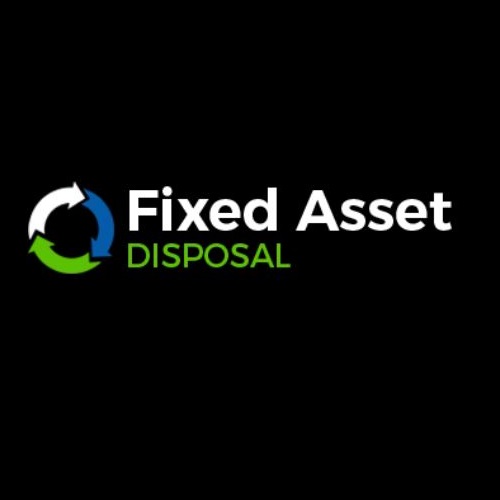As businesses in London navigate the fast-paced technological landscape of 2024, the management of electronic waste, or e-waste, has become a critical concern. With the constant upgrading of computers, smartphones, and other electronic devices, businesses are generating significant amounts of e-waste. This article serves as a comprehensive guide for businesses on the importance of e-waste disposal, the regulations governing it, and the best practices for managing electronic waste effectively.
Understanding E-Waste
E-waste encompasses all electronic devices that are no longer in use or have reached the end of their life cycle. This includes computers, printers, mobile phones, televisions, and other electronic equipment. The rapid pace of technological advancement means that devices can become obsolete within just a few years. Consequently, businesses often find themselves with a surplus of outdated electronics, which can pose a considerable challenge if not disposed of correctly.
The Importance of E-Waste Disposal
- Environmental Responsibility
- One of the most pressing reasons for proper e-waste disposal is the environmental impact. Electronic devices contain hazardous materials, such as lead, mercury, and cadmium, which can be harmful if released into the environment. Improper disposal of e-waste can lead to soil and water contamination, posing risks to both human health and local ecosystems. By choosing responsible e-waste disposal methods, businesses can significantly reduce their environmental footprint.
- Compliance with Regulations
- The UK has strict regulations regarding e-waste disposal, including the Waste Electrical and Electronic Equipment (WEEE) Regulations. These regulations require businesses to recycle or dispose of electronic waste responsibly. Non-compliance can result in hefty fines and legal repercussions. Understanding and adhering to these regulations is crucial for businesses to avoid potential legal challenges.
- Data Security
- In today’s digital age, safeguarding sensitive information is paramount. Old electronic devices often contain personal data or confidential business information that, if mishandled, can lead to data breaches. Professional e-waste disposal services provide secure data destruction methods to ensure that sensitive information is irretrievable, protecting your business from potential data leaks and the financial repercussions that follow.
Best Practices for E-Waste Disposal
- Conduct an E-Waste Audit
- The first step in effective e-waste management is to conduct an audit of all electronic devices in use. Identify outdated equipment and determine what can be reused, refurbished, or recycled. This process helps businesses keep track of their electronic assets and facilitates responsible disposal.
- Partner with Certified E-Waste Disposal Services
- Working with certified e-waste disposal services ensures that your electronic waste is handled in compliance with regulations. Look for companies that are registered with relevant authorities and can provide documentation of proper disposal methods. This not only guarantees responsible management of your e-waste but also provides peace of mind regarding environmental compliance.
- Implement a Reuse and Recycling Policy
- Encourage a culture of reuse and recycling within your organization. Implement policies that prioritise the refurbishment of devices whenever possible. For instance, consider donating old computers to local charities or schools. This approach not only helps the community but also enhances your business’s social responsibility profile.
- Secure Data Destruction
- Before disposing of any electronic device, ensure that all data is securely wiped or destroyed. This may involve using specialized software to overwrite data or employing services that provide physical destruction of hard drives. Secure data destruction is essential for protecting sensitive information and maintaining client trust.
- Educate Employees
- Raising awareness among employees about the importance of e-waste disposal is vital. Organize training sessions to educate staff on proper disposal methods, the environmental impact of e-waste, and the benefits of recycling. Engaged employees are more likely to adopt responsible practices and contribute to a sustainable workplace.
Conclusion
As we move further into 2024, the significance of e-waste disposal in London cannot be overstated. For businesses, understanding the implications of e-waste and implementing effective disposal practices is essential for environmental stewardship, regulatory compliance, and data security.
By conducting e-waste audits, partnering with certified disposal services, and fostering a culture of reuse and recycling, businesses can not only minimize their environmental impact but also enhance their corporate reputation. As London continues to grow as a hub for innovation and technology, responsible e-waste management will play a crucial role in ensuring a sustainable future for all.
In conclusion, businesses in London must take the initiative to manage their electronic waste responsibly, safeguarding the environment and contributing positively to their community while avoiding potential financial and legal pitfalls.





Comments